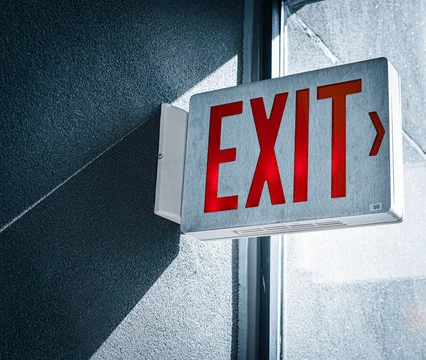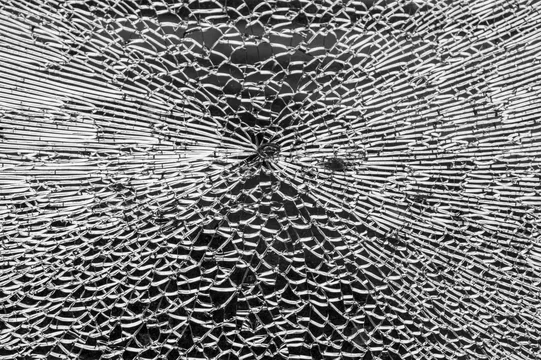Local rule 7.1.1 is probably the one I cite to the most. Every time I file a non-dispositive motion, I've got to add in a little note along the lines of "pursuant to D. Del. LR 7.1.1, counsel certifies that reasonable efforts were made to reach agreement on the subject of this motion, including a meet and confer involving Delaware counsel."
I use it so often I futzed with my autocorrect settings so Word automatically inserts it whenever I type "INSOLENT FOOLS." (I tried to pick something that I wouldn't normally type in a brief, that would also give me a bit of joy. It has made typing my many letters to the editor harder though.)

Today's case is a reminder that you really do have to get local counsel on that call, even if its a big hassle.
The parties in Anthony Turiello v. Central Sprinkler LLC, C.A. No. 25-497-GBW (D. Del.) had a discovery dispute. They raised it in the usual way before Judge Williams, filing a joint form letter requesting a teleconference on "Plaintiff’s request for Defendants to consent and/or provide a release to certain taxing authorities subpoenaed by Defendants in this case." Id. at D.I. 83.
The only thing unusual was that, rather than note the name of the Delaware counsel for defendant who was involved on the meet and confer, the letter explained that he was unavailable do to obligations in another case:
Delaware Counsel for Defendants was aware of the scheduled meet and confer and copied on all correspondence related to the meet and confer and the underlying discovery dispute issue but was unable to attend due to trial preparation obligations in Civil Act. No. 20-1589-JFB-EGT, in which trial began on February 9, 2026.
Id.
Notably, this was not a case where ...








